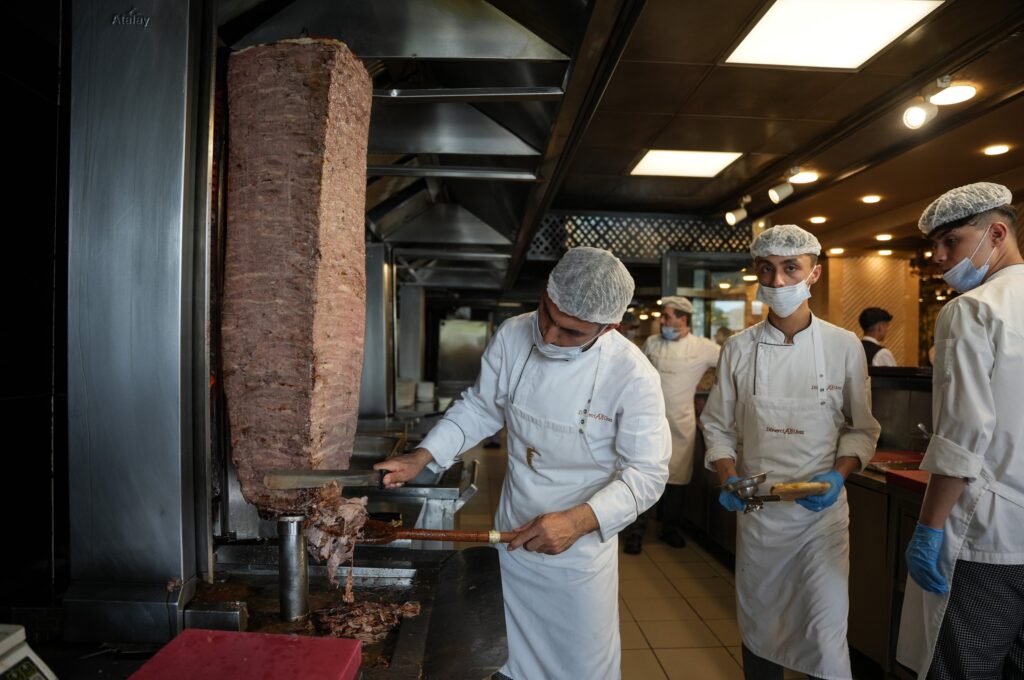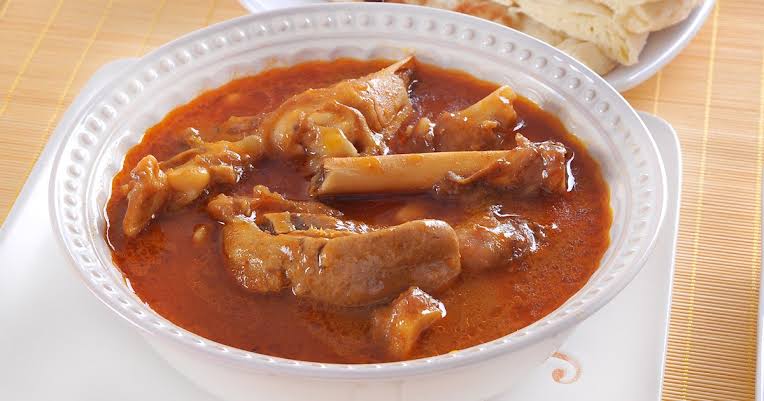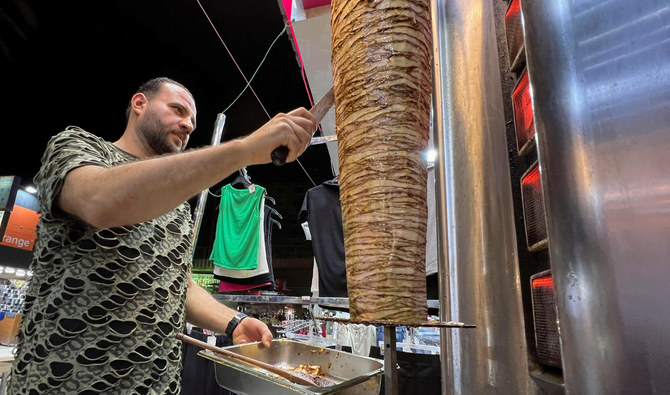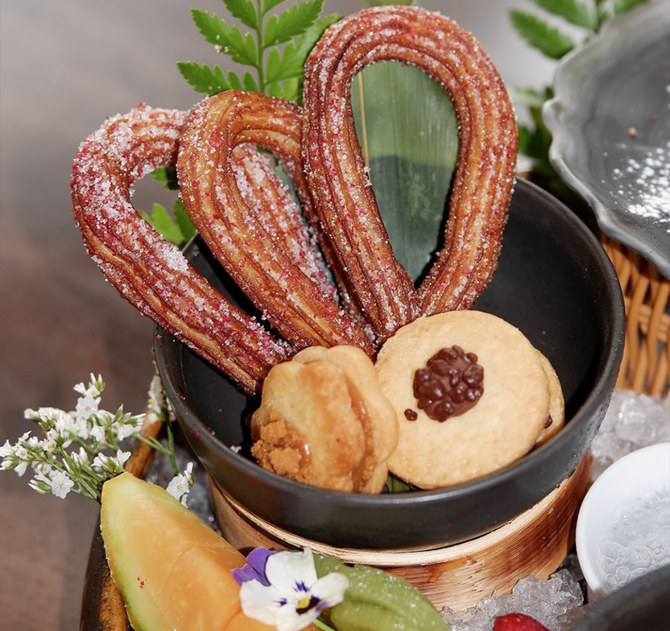Monitoring Desk
How I wish I could agree with Jonathan Nunn (From polenta to lemons: the everyday foods demonised by Britain’s class wars, 2 October) that food is no longer an indicator of class in Britain. He names “ackee, pierogi and shatkora” as typical working-class foods and suggests that the stereotypically middle-class lentils, quinoa, avocado and hummus are now “a quotidian part of the national cuisine”.
Sadly, I must disillusion him. I live in a post-industrial “red wall” town that voted for Brexit and elected its first Tory MP in 2019. In and around the town’s central marketplace, there are numerous cafes that serve hot meals all day. Every single one of them offers a near-identical menu: variations on a theme of the full English breakfast, traditional roast dinners, and things with chips, mostly pies, burgers and fish. They all keep busy, which suggests that this is what people want.
Occasional attempts to launch new eateries offering more cosmopolitan fare have usually not lasted. I do not point this out in order to criticise local tastes, but to note that Nunn’s judgment does seem to betray a metropolitan bias that doesn’t capture the reality where I am. This is why “levelling up” is by no means just an economic issue but also a deeply cultural one, which is much more difficult to address.
John Williams
Sutton-in-Ashfield, Nottinghamshire
I read Jonathan Nunn’s article. And then I read the Feast section, wondering what makrut lime leaves are and where I would find them in Plymouth. We have elevated something so basic to our existence to an art form – after reading my newspaper I am left wondering where to find wagyu salami, while others are wondering where to find food and water of any kind.
Trevor Smith
Plymouth
Have an opinion on anything you’ve read in the Guardian today? Please email us your letter and it will be considered for publication.
Courtesy: theguardian








